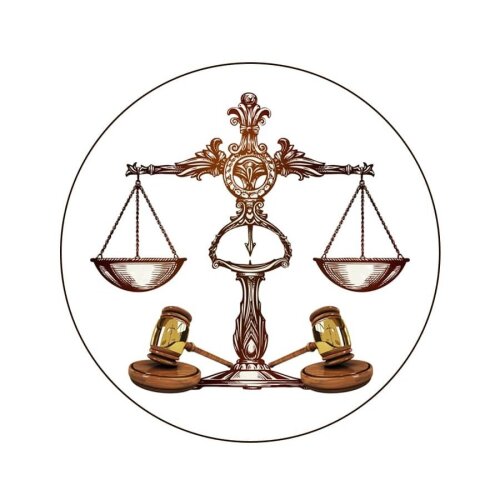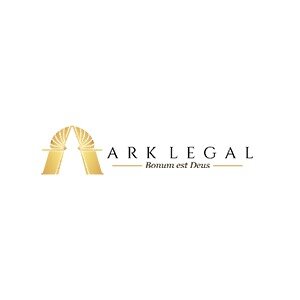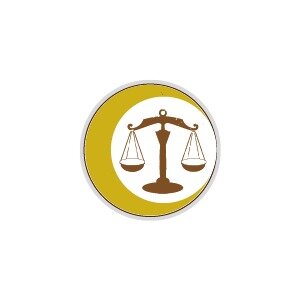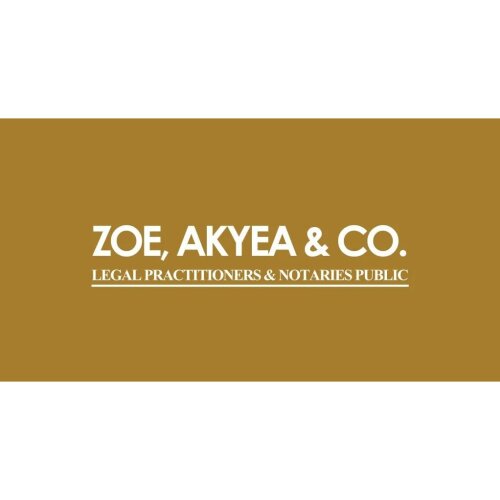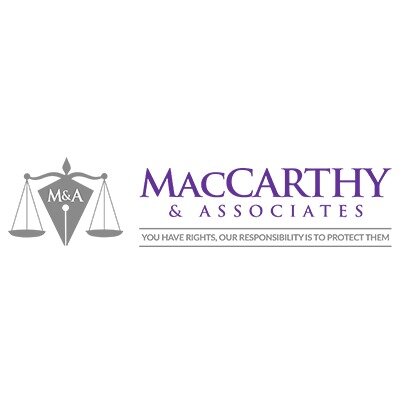Best Adoption Lawyers in Ghana
Share your needs with us, get contacted by law firms.
Free. Takes 2 min.
Free Guide to Hiring a Family Lawyer
Or refine your search by selecting a city:
List of the best lawyers in Ghana
About Adoption Law in Ghana
Adoption in Ghana is governed by the Children's Act, 1998 (Act 560) which lays out the legal framework for the adoption process. Adoption is a legal procedure where the rights and responsibilities of a child's biological parents are transferred to the adoptive parents. This process ensures that adopted children have the same legal status as biological children, allowing them to inherit property and enjoy other benefits. The overarching goal of Ghanaian adoption law is to protect the welfare and best interest of the child while providing a structured process for those seeking to build or extend their families through adoption.
Why You May Need a Lawyer
Hiring a lawyer can be beneficial in several situations when dealing with adoption in Ghana. Firstly, navigating the legal complexities of the adoption process can be challenging; a lawyer can provide clarity and help ensure compliance with all legal requirements. Additionally, if there are disputes regarding the adoption, such as questions of consent or the eligibility of prospective parents, a lawyer can effectively represent your interests. International adoptions involve additional legal considerations that a specialized attorney can help manage. Lastly, legal assistance may be necessary to draft and review documents, ensure the birth certificate is properly amended, and handle any post-adoption legal matters.
Local Laws Overview
The Children’s Act, 1998 is the principal legislation that governs the process of adoption in Ghana. Key aspects include:
- Eligibility: The prospective adoptive parents must be at least 25 years old and at least 21 years older than the child who is to be adopted. They should also satisfy the court that the adoption is in the best interest of the child.
- Consent: Consent is required from the biological parents unless they are untraceable, deceased, or have been stripped of their parental rights due to abuse or neglect.
- Investigation and Reports: A social welfare officer must investigate and provide a report to the court, ensuring the child's well-being will be secured in the adoptive home.
- International Adoption: Ghana is a signatory to the Hague Convention on Protection of Children and Co-operation in Respect of Intercountry Adoption, which means international adoptions need to comply with these additional international regulations.
Frequently Asked Questions
1. What is the legal age for adopting a child in Ghana?
In Ghana, the legal age for adopting a child is 25 years. The adoptive parents must also be at least 21 years older than the child.
2. Is there a residency requirement for adopting in Ghana?
No specific residency requirement exists, but demonstrating a stable home environment is crucial for the court's assessment.
3. How long does the adoption process take in Ghana?
The adoption process can vary in duration, typically ranging from several months up to a year, depending on whether it is a domestic or international adoption, and the particular circumstances of the case.
4. Can single people adopt a child in Ghana?
Yes, single individuals can adopt children in Ghana. They must meet the same eligibility criteria, showing capability to care for the child.
5. What documents are required for the adoption process?
Necessary documents include birth certificates, medical reports, police clearance for adoptive parents, and financial statements proving the capacity to care for the child.
6. How does consent from the biological parents work?
The biological parents must consent to the adoption unless the court finds that they cannot be found, are deceased, or have been stripped of parental rights.
7. Are there any restrictions on the race or nationality of adoptive parents?
While there are no explicit restrictions on the race or nationality of adoptive parents, they must comply with all other legal requirements and demonstrate that the adoption is in the child’s best interests.
8. Can foreigners adopt children from Ghana?
Yes, foreigners can adopt children from Ghana, but they must adhere to national regulations and international conventions, particularly the Hague Adoption Convention.
9. What is the role of the Social Welfare Department in adoption?
The Social Welfare Department is responsible for conducting thorough investigations and providing the court with reports to ensure that the adoption serves the child’s best interests.
10. Are post-adoption services available in Ghana?
Yes, post-adoption services are available and often include family counseling and support groups to help with the transition.
Additional Resources
For further assistance and detailed information regarding adoption in Ghana, the following resources and organizations can be helpful:
- Department of Social Welfare: Provides guidance and supervision throughout the adoption process.
- The Ministry of Gender, Children, and Social Protection: Overseeing child welfare and protection laws in Ghana.
- UNICEF Ghana: Offers resources and support related to children's welfare.
- Ghana Adoption Support Network: Community groups that provide support to adoptive families.
Next Steps
If you are considering adoption in Ghana and require legal assistance, the following steps can guide you:
- Research and understand the basic legal requirements and processes for adoption in Ghana.
- Contact a qualified attorney who specializes in family law and adoption to gain a comprehensive understanding of your specific case.
- Gather necessary documentation and prepare for legal consultations by outlining your questions and concerns.
- Engage with social services and governmental bodies early in the process to meet all regulatory requirements.
- Consider joining adoption support groups for personal stories, advice, and moral support.
By following these steps, you can effectively navigate the legal landscape of adoption in Ghana and make informed decisions in the best interests of the child.
Lawzana helps you find the best lawyers and law firms in Ghana through a curated and pre-screened list of qualified legal professionals. Our platform offers rankings and detailed profiles of attorneys and law firms, allowing you to compare based on practice areas, including Adoption, experience, and client feedback.
Each profile includes a description of the firm's areas of practice, client reviews, team members and partners, year of establishment, spoken languages, office locations, contact information, social media presence, and any published articles or resources. Most firms on our platform speak English and are experienced in both local and international legal matters.
Get a quote from top-rated law firms in Ghana — quickly, securely, and without unnecessary hassle.
Disclaimer:
The information provided on this page is for general informational purposes only and does not constitute legal advice. While we strive to ensure the accuracy and relevance of the content, legal information may change over time, and interpretations of the law can vary. You should always consult with a qualified legal professional for advice specific to your situation.
We disclaim all liability for actions taken or not taken based on the content of this page. If you believe any information is incorrect or outdated, please contact us, and we will review and update it where appropriate.
Browse adoption law firms by city in Ghana
Refine your search by selecting a city.





